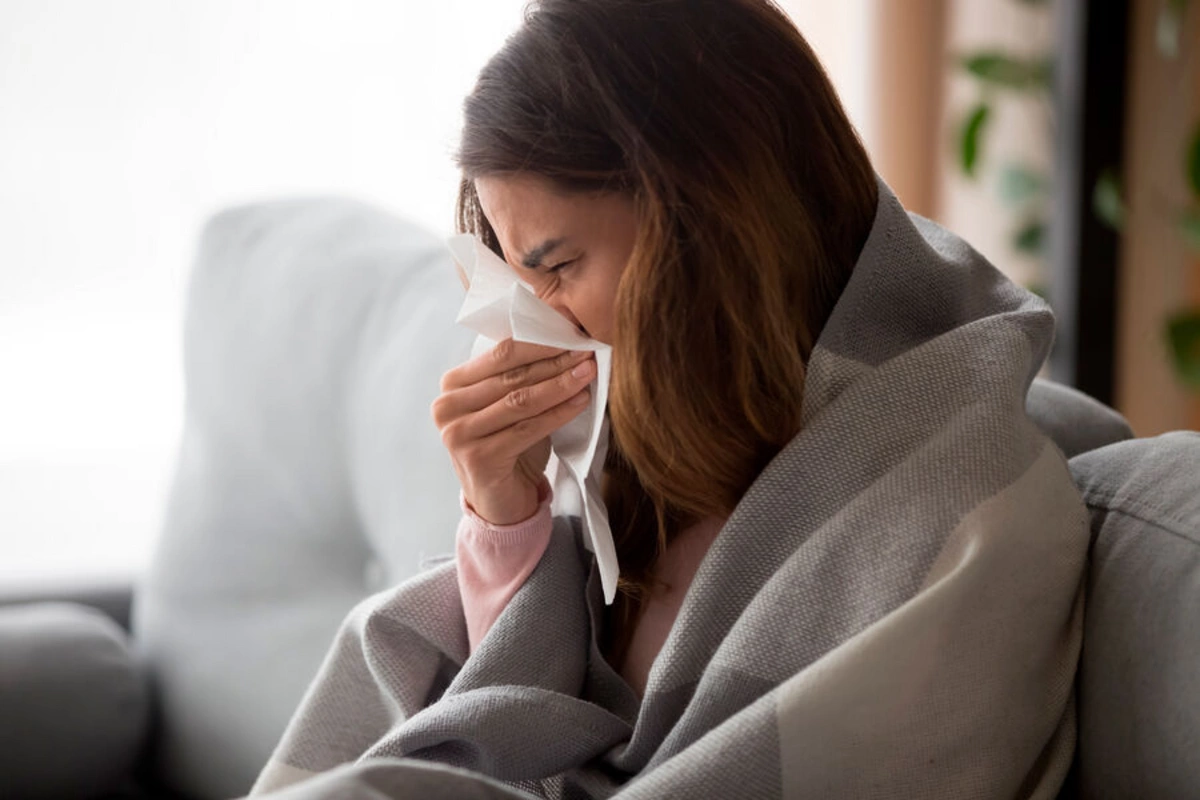Products that should be avoided during a cold have been named

When you have a cold, it's important to monitor your diet and avoid heavy food, as the body directs significant energy toward fighting the virus. Endocrinologist and nutritionist Oksana Mikhaleva told "Gazeta.Ru" about which foods are better to avoid during this period.
According to the specialist, digestion itself requires energy, and during illness, lighter and simpler dishes are preferable. Therefore, fast food, various snacks, sugary carbonated drinks, as well as fatty and fried foods should be completely excluded from the diet.
"If your appetite is reduced and you don't particularly want to eat, it's important to at least maintain fluid intake - this helps eliminate toxins faster. Fruit drinks, compotes, or warm milk with honey are excellent choices, as they not only replenish strength but also prevent dehydration," the doctor noted.
She also added that during illness, it's better to exclude red meat, pastries, and sweet baked goods. The optimal choice is light soups made with lean chicken or fish broth, porridges, stewed or baked vegetables, boiled chicken, lean fish, as well as fermented milk products and some fruits (preferably baked).
At the same time, as the nutritionist pointed out, fresh vegetables and fruits with high fiber content can cause discomfort and heaviness, so they should be left for the recovery period.
"Food during a cold should be as gentle as possible: simple, soft, easy to digest. If we talk about cooking methods, boiling, stewing, baking, and steaming are best. In the first days, the body best accepts broths, soups, porridges, and well-cooked meat. And when you start feeling better, you can gradually introduce your usual foods back into your diet," she added.
In conclusion, the doctor noted that, in addition to nutrition, other conditions are important for a speedy recovery: proper sleep, regular ventilation of the room, maintaining optimal temperature and humidity, as well as moderate rest without excessive physical exertion. Don't forget about walks in the fresh air (if there's no fever), which help maintain immunity.
"However, if your condition worsens - high fever, severe weakness, or other alarming symptoms appear - it's necessary to consult a doctor to avoid complications and receive proper treatment," Mikhaleva emphasized.
Similar News
A method to induce self-destruction of cancer cells using sugar has been found
Exopolysaccharide EPS3.9, isolated from marine bacterium Spongiibacter nanhainus, can trigger self-destruction of cancer cells. This conclusion was reached by s...




 Azərbaycanca
Azərbaycanca  По-русски
По-русски  English
English 






